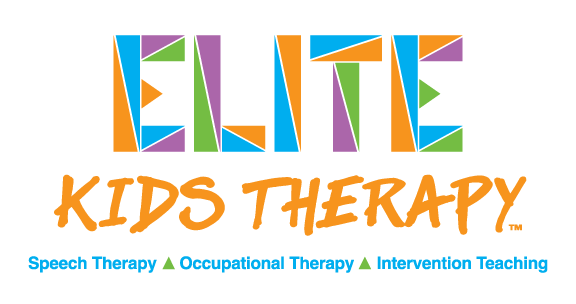Read the full article by Francine Pierson Here: https://leader.pubs.asha.org/do/10.1044/2020-0515-screen-time-fatigue/full/?utm_source=asha&utm_medium=enewsletter&utm_term=picks&utm_content=061620&utm_campaign=ashanow&
The COVID-19 pandemic forced increased use of screens into nearly every aspect of our collective lives, whether your pre-pandemic existence consisted of attending preschool or running a business. We rely on screens for everything from classes and work meetings to religious services, hobbies, and leisure activities to maintaining ties with family and friends through playdates, happy hours, and even birthday parties and graduations—so much is happening via video chats these days.
Such constant usage is causing concerns about “screen time fatigue.” A recent NPR story on the issue of digital device burnout gave some solid advice on how to carve out offline time and set personal boundaries for your own well-being, even at this time of so many online demands.
Three organizations—the Children’s Screen Time Action Network, Family Dinner Project, and Read Aloud 15 MINUTES—along with ASHA’s Healthy Communication & Popular Technology Initiative, offer ways to take a balanced approach to screen time, even during the pandemic. Note that, as always, this does not include AAC devices.
Here are some initiatives and resources that ASHA members may want to share with clients, patients, students and their families:
Screen-free Saturdays
To help build in a regular screen time break important for many kids and adults, the Children’s Screen Time Action Network (part of the Campaign for a Commercial Free Childhood) introduced Screen-Free Saturdays. One day of the week—every week—families turn off their devices in favor of connection, exploration, and play.
The organization usually hosts National Screen-Free Week during the first week of May, obviously not possible this year. The Action Network offers a pledge the whole family can take, as well as a free weekly email with ideas, tips, resources, and encouragement for going screen-free one day a week. Look at it as an opportunity to disconnect from all the noise of quarantine—and prioritize everyone’s well-being.
Pandemic family dinners
Strengthening bonds with loved ones might be one of the few silver linings of this stressful time, notes the Family Dinner Project—an organization dedicated to bringing back the lost art of shared meals in modern life. Indeed, many families may not have shared a regular meal together even once a week pre-pandemic, so we’re in a bit of a family-dinner renaissance.
The organization is sharing its best ideas in its Stuck-At-Home Guide to Food, Fun and Conversation. The guide provides recipes, game and activity suggestions, and dinner conversation-starters (“Recipes for Conversation”). The benefits of daily, device-free, shared mealtimes—filled with conversation—to build speech and language skills, social skills, emotional well-being, and family bonding is something ASHA members can get behind. The conversation-starters may be especially relevant for client families.
Read-aloud resources
Frequent ASHA collaborator Read Aloud 15 MINUTES is sharing inspiration, encouragement, and free resources on its website and social media pages. It provides family-friendly graphics with important messages to parents and other caregivers about the benefits of reading. For example, “Reading can take children of all ages on adventures far beyond the confines of their home,” and “In the midst of chaos, reading together can be an oasis of calm for parent and child.”
ASHA members can embrace these messages and champion them with parents. Take a look at the resources the group offers, including the 21-Day Read Aloud Challenge, with reading trackers and more.
It’s also a fitting time to share the ASHA-Read Aloud toolkit, Communicating With Baby: Tips and Milestones From Birth to Age 5, which offers information for parents on typical development as well as ways to encourage communication development through daily activities.
Elite Kids Therapy, formally known as Cincinnati Therapy Connections, wants to continue to provide you with the resources and support you may need to stay connected, active, and well during and after the COVID-19 pandemic. At Elite Kids Therapy, we offer quality speech therapy and occupational therapy by our qualified therapists not only through virtual platforms but also in your home, or one on one in our Mason office. As an Autism and Jon Peterson Scholarship provider these services can also be free to you!
Please Reach Out To Learn More!
Email: [email protected]
Call: 513-444-0770

